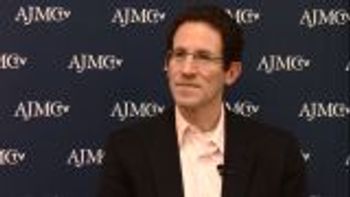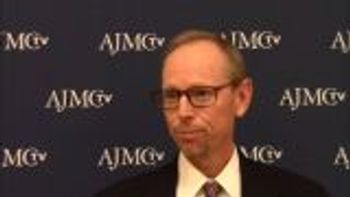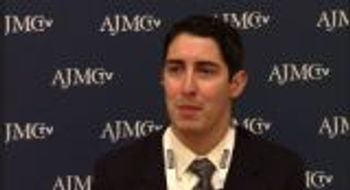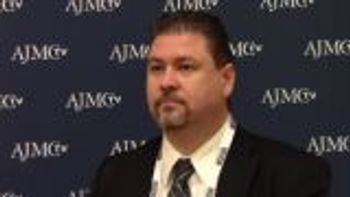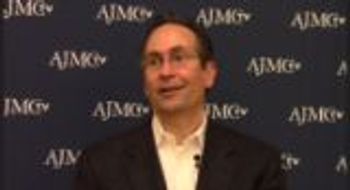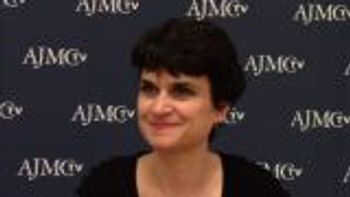
In a presentation titled Readmission for Stroke and Quality of Care Among Hospitalized Patients With Transient Ischemic Attack: Real World Delivery of Care, Emily C. O'Brian, PhD, from Duke University School of Medicine, presented results from the American Heart Association's Get With the Guidelines (GWTG)-Stroke program. GWTG is a hospital improvement program designed to improve adherence to evidence-based care.
